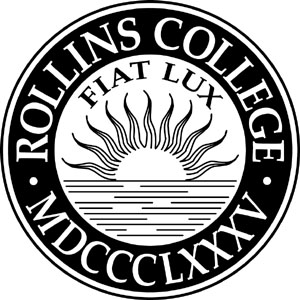
Eighteen-century British elections vs. twenty-first American ones!
In my Hanoverian England class, we are about to embark on an examination of elections in the eighteenth century, looking primarily at the question of party involvement. The traditional approach to the political structure, espoused by Macauley and Trevelyan, envisioned two parties—Whig and Tory—clearly delineated by political and religious philosophies. Revisionists, such as Lewis Namier, reject the existence of parties and claim instead that men acted politically through factions dedicated to their political gain and personal enrichment. Philosophy had nothing to do with it.
Such a contrast in interpretations is instructive to me in considering the current political atmosphere in the United States. First do parties actually exist? We have two clearly defined political parties indentifed by unmistakably liberal and conservative positions, right? Perhaps one could argue that, on the surface at least, the Democrats seem to possess more philosophical diversity than the Republicans. For instance, the Republicans all line up behind their President on the war in Iraq (all except Ron Paul who seems to be going nowhere) and most other issues (except perhaps immigration policy), while the Democrats seem spread out over the spectrum on a whole host of issues. Paul Krugman, in his recent
Conscience of a Liberal, argues that the parties are more philosophically cohesive now than they have been in a long time, but I’m not so sure. The Republicans are in fact deeply divided between social and fiscal conservatives who have little in common, while the Democrats may be as united to their
opposition to Bush as the Republicans are
united in his support but that’s about it. Surface agreement on the war, health care, or immigration policy soon dissipates in the details. Both parties appear to be uneasy coalitions bound together only for the purposes of gaining election.
Secondly why do men (and thankfully in the twenty-first century, women) enter politics? On the local level it seems clear that it is one set of developers trying to outmaneuver another. One might argue that on the national level the situation is the same, only somewhat more disguised. Are Hillary Clinton and Mitt Romney seeking the presidency for altruistic reasons to serve their country or do they yearn for raw power? Was the Compassionate Conservative really more concerned about aiding his friends in the oil business?
While the idealist sitting on my left shoulder would like to believe that philosophy prompted the politics of Robert Walpole and John Kennedy, the cynic on my right sees it all arising from self-interest. Increasingly the Namier in me seems to supercede the Macauley. What a pity!













